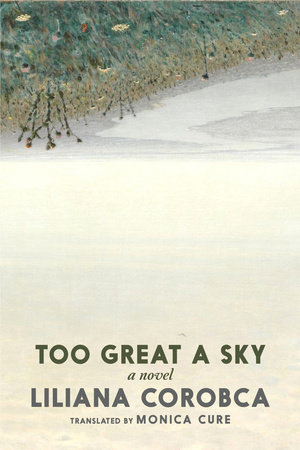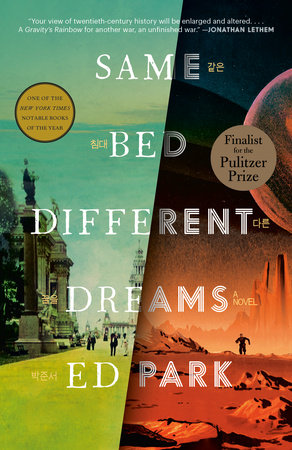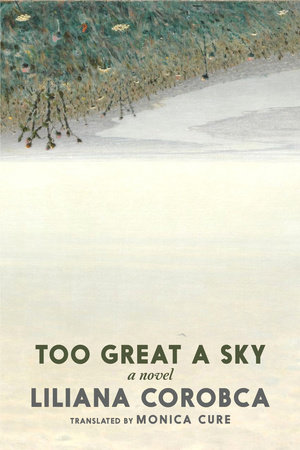

Too Great a Sky
By Liliana Corobca
Translated by Monica Cure
By Liliana Corobca
Translated by Monica Cure
By Liliana Corobca
Translated by Monica Cure
By Liliana Corobca
Translated by Monica Cure
Category: Fiction | European World History
Category: Fiction | European World History

-
$23.95
Oct 29, 2024 | ISBN 9781644214176
-
Oct 29, 2024 | ISBN 9781644214183
YOU MAY ALSO LIKE
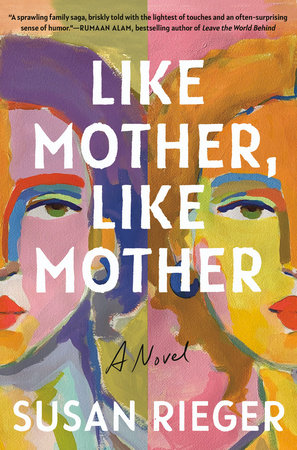
Like Mother, Like Mother
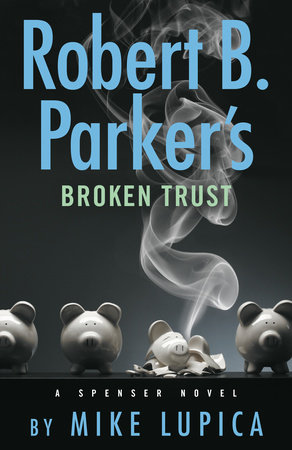
Robert B. Parker’s Broken Trust
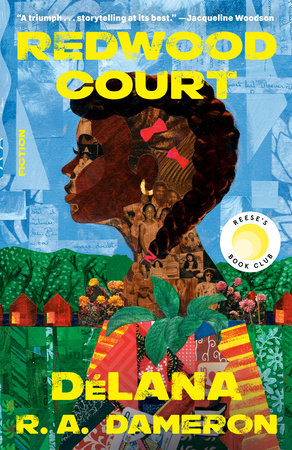
Redwood Court (Reese’s Book Club)
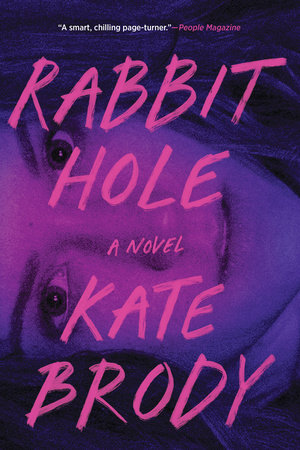
Rabbit Hole
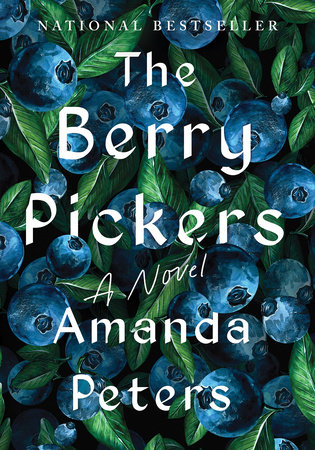
The Berry Pickers
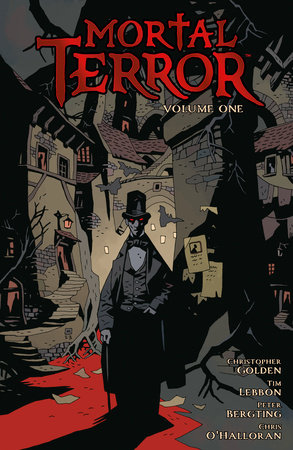
Mortal Terror Volume 1
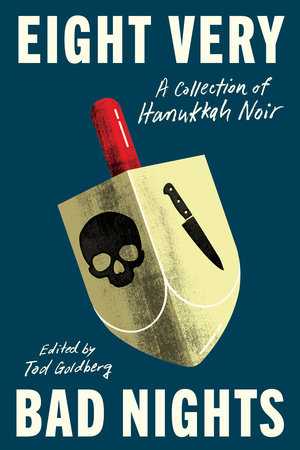
Eight Very Bad Nights: A Collection of Hanukkah Noir
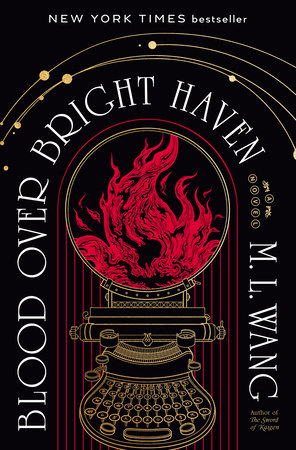
Blood Over Bright Haven
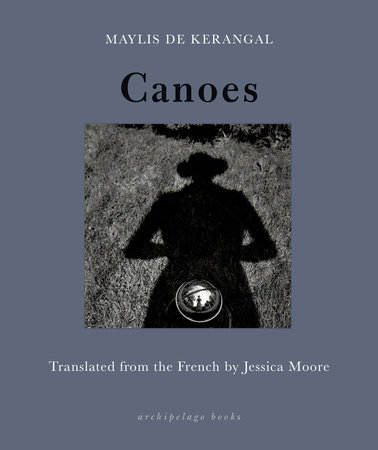
Canoes
Praise
“[The translator’s] work—in passages of soaring beauty and breathtaking sorrow, haunting tragedy and delirious joy—captures the individual tones of the novel’s two generations in Ana and Eugenia; the rhythm and rhyme of both folk songs and aphorisms; and the agony and ecstasy of Ana’s devout prayers.” —Cory Oldweiler, Words Without Borders
“As a Ukrainian, Too Great a Sky’s depiction of the Soviet deportations in Bukovina in the 20th century remind me of those now occurring in Mariupol and other occupied cities in Ukraine. Corobca’s moving story lets the reader into this experience, in which locals are driven out and the new ‘masters’ declare the land as ‘always theirs.’ We should all hear stories like this one.” —Artem Chapeye, author of The Ukraine
“There’s a mythic, fairy-tale aesthetic that comes into play when survivors depict Stalin’s resettlement policies (fans of Platonov and even Pasternak will know what I mean), the sense of being orphaned by the universe, of complete and utter deprivation, free of resentment, because what would be the point? Liliana Corobca’s Too Great a Sky opens with its primal scene: after weeks of crossing endless steppes in cattle cars, you are released with nothing but the summer clothes on your back and assigned to a labor crew. But do you despair? Why would you? God still loves you, and there’s plenty to eat: grass, mice, once every three years a very small potato . . . I admit I cried a lot while reading this book, in part because my best friend’s father came from the same part of Romania as the people in the book and ended up deserting from the Red Army and walking to Israel. His mother, having been driven (literally, in the sidecar of a motorcycle) from Poland at age four, watched her own mother starve to death in Uzbekistan and did slave labor in an asbestos plant. I’d known these stories for 25 years in the form of jokes—for instance, it started snowing in Haifa, and my friend’s mother refused to go to the window, saying the snow in Siberia had been enough for one lifetime. It took a novel to flesh out those jokes with the emotions that even my friend has repressed. So I would give this book eleven points out of ten as one of the most moving I’ve ever read.” — Nell Zink
21 Books You’ve Been Meaning to Read
Just for joining you’ll get personalized recommendations on your dashboard daily and features only for members.
Find Out More Join Now Sign In






